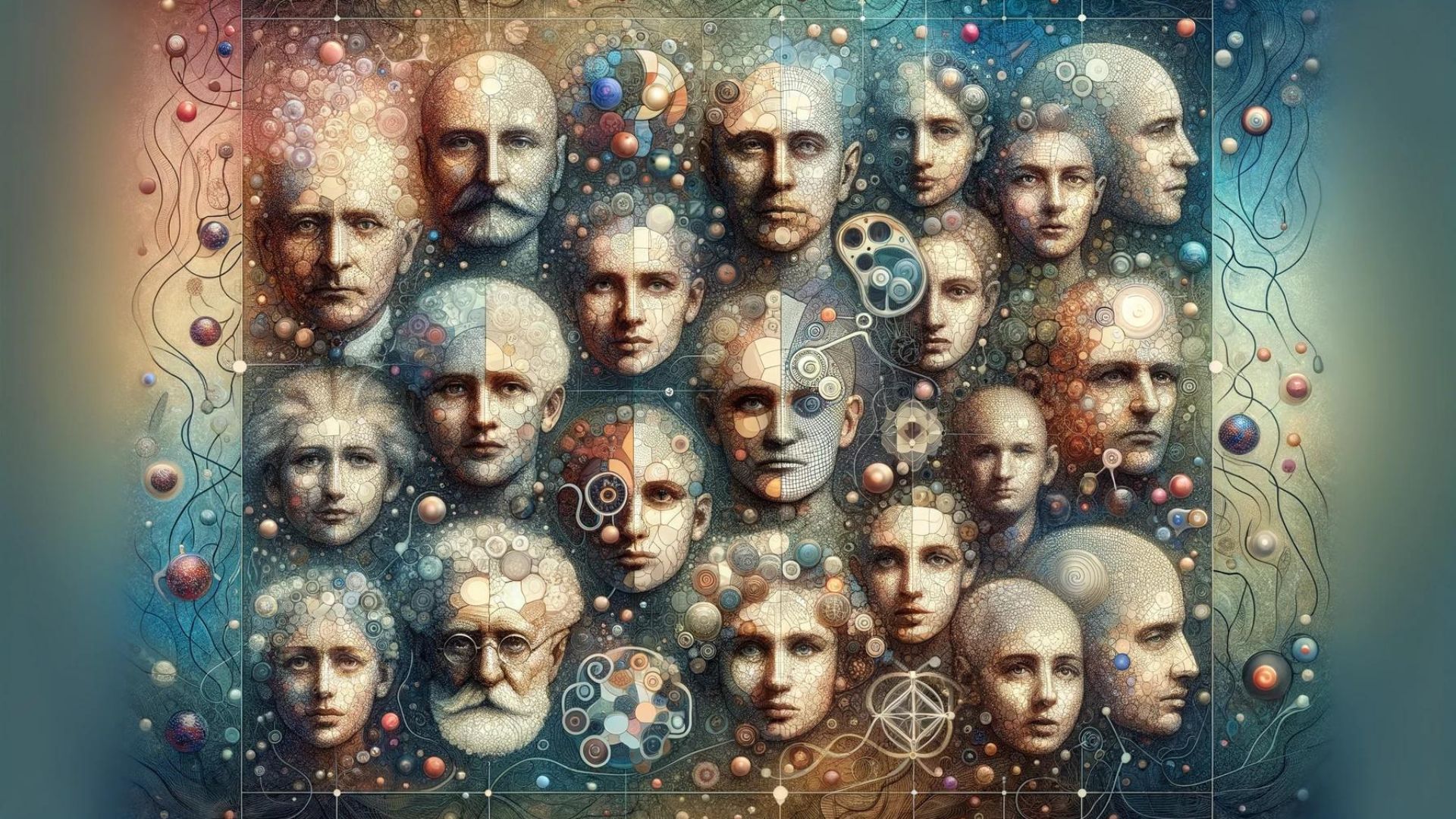Top 10 Pioneers in Human Development Theory
Imagine being a child again, seeing the world with new eyes. Every day bursts with discovery, change, and a sense of growing into yourself. But have you ever wondered how we learn and change throughout life? It’s a question that has puzzled thinkers for centuries. Here’s a peek into the minds of 10 trailblazers who revolutionized our understanding of human development.
- Sigmund Freud: The Unconscious Mind
Known for psychoanalysis, Freud believed our childhood experiences and unconscious desires shape who we are. While some theories are debated, he forced us to look below the surface of behavior. - Erik Erikson: Stages of Life
Erikson extended Freud’s ideas, proposing eight psychosocial stages we face throughout life, each with its own crisis to overcome (like trust vs. mistrust in infancy). Think of it as a lifelong quest for identity. - Jean Piaget: Little Thinkers
Ever watched a child figure something out? Piaget believed kids aren’t just miniature adults. Their minds develop in stages, actively constructing their understanding of the world like little scientists. - Lev Vygotsky: The Power of Culture
Vygotsky highlighted the role of social interaction and culture in shaping our minds. Think of helpful adults or peers who guide a child’s learning – that’s the “Zone of Proximal Development. - John Bowlby: Bonds of Attachment
Why do babies cling to their caregivers? Bowlby’s attachment theory explains that the earliest bonds with caregivers form a blueprint for how we view relationships throughout life. - Lawrence Kohlberg: Morals in the Making
Kohlberg studied how we develop our sense of right and wrong. His stages of moral development help us understand how a child’s reasoning about justice changes as they grow. - Urie Bronfenbrenner: Environments Matter
Think of yourself like a tree. Bronfenbrenner’s theory says everything around you – your family, school, community, even the wider culture – creates “systems” that impact your growth. - Albert Bandura: Learning by Watching
Ever learned something just by observing others? Bandura showed us the power of social learning – we pick up habits, fears, and even aggression by simply watching those around us. - Mary Ainsworth: Styles of Love
Ainsworth studied how babies react when separated from caregivers, revealing different attachment styles (secure, anxious, avoidant) that can impact our relationships way into adulthood. - Carol Dweck: The Growth Mindset
Do you believe your intelligence is fixed, or can it grow? Dweck revolutionized how we think about ability, showing that a “growth mindset” – believing in effort – fuels achievement way beyond talent.
Today’s Big Questions
These are just a few of the pioneers who laid the groundwork for ongoing discoveries. Questions remain: How does the brain change as we learn? What factors make some people more resilient than others? Can we truly change ingrained patterns from childhood?
Take Action
- Look at your own life: Can you spot any of these theories at play in your childhood or relationships?
- Observe children: Do you see any of Piaget’s stages in action?
- Boost your growth mindset: Next time you face a challenge, tell yourself, “My brain can grow with this!”
These thinkers didn’t just change a field of study–they gave us a lens to better understand ourselves and the incredible journey of being human.
Why Should You Care?
- Self-Understanding: Human development theories offer a roadmap for understanding your own life experiences, behaviors, and relationships.
- Relationships with Others: These concepts help you grasp what motivates loved ones, friends, or children, enhancing empathy and fostering stronger connections.
- Big-Picture View: Understanding developmental theories offers a lens on societal problems and inspires potential solutions for creating more supportive environments for everyone.
Key Takeaways
- Human development is complex: Many factors interact – genes, environment, early experiences, social learning – to shape who we become.
- Childhood matters: Our earliest experiences have a lasting impact, shaping our attachment styles and sense of self.
- Growth is possible: While early experiences matter, theories like the growth mindset remind us that the brain can change and we can learn throughout our lives.
Keywords
- Human Development: The scientific study of patterns of change and stability in people across their lifespan.
- Theory: A well-supported explanation of a set of observations or phenomena, offering a framework for understanding.
- Psychoanalysis: Theory and form of therapy founded by Freud, focusing on the unconscious and childhood influences on personality.
- Psychosocial Stages: Erikson’s model of eight lifelong conflicts that shape personality development (e.g., basic trust vs. mistrust).
- Cognitive Development: Piaget’s theory of how children’s thinking capabilities change in stages as they mature.
- Sociocultural Theory: Vygotsky’s theory emphasizing how children’s cognitive development is fueled by social interactions and cultural guidance.
- Attachment Theory: Bowlby’s framework for how early bonds with caregivers create a lasting blueprint for relationships.
- Moral Development: Kohlberg’s theory on how people’s reasoning about justice progresses through stages of development.
- Social Learning Theory: Bandura’s theory that we learn new behaviors, attitudes, and emotions by watching others.
- Growth Mindset: Dweck’s concept that believing your intelligence can grow fosters resilience and higher achievement.
Frequently Asked Questions
- Is it nature or nurture?: This old debate is outdated! Modern research shows genes AND environment interact in complex ways to shape development.
- Do these theories apply to everyone? Many theories were developed in Western societies and may not fully capture diverse cultural experiences.
- Can therapy based on these theories help adults? Absolutely! Understanding your childhood or ingrained patterns can promote healing and personal growth.
Myth Buster
- Myth: If you had a troubled childhood, you’re doomed.
- Reality: While challenging, many people overcome adversity. Theories like the growth mindset and focus on resilience support the idea that we can heal and change.
Let’s Talk
- Which pioneer’s theory resonates most with your own life experience? Why?
- How does understanding development theories make you a better parent, teacher, or friend?
- If you could ask one of these pioneers a question, what would it be?
Tell us what you think in the comments below!










0 Comments